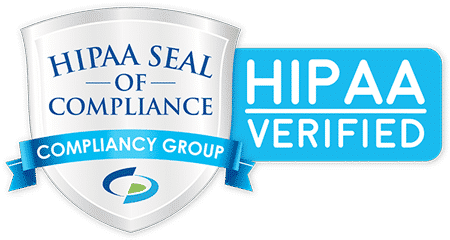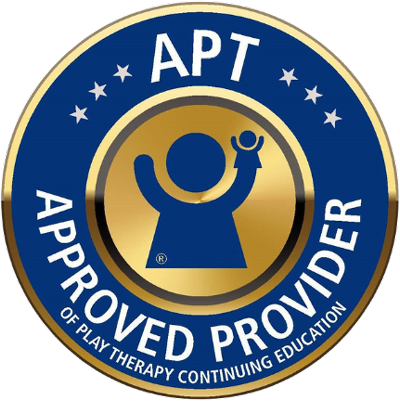WHAT IS PLAY THERAPY?
Play Therapy is defined by Association for Play Therapy (APT) as “the systematic use of a theoretical model to establish an interpersonal process wherein trained Play Therapists use the therapeutic powers of play to help clients prevent or resolve psychosocial difficulties and achieve optimal growth and development.”
WHAT HAPPENS IN PLAY THERAPY?
Per Association for Play Therapy (APT), Play Therapy is not the same as regular, everyday play. While spontaneous play is a natural and essential part of the developmental process, Play Therapy is a systematic and therapeutic approach. Play Therapists have earned a graduate mental health degree and are licensed mental health professionals with extensive training, supervision, and education in Play Therapy. Play Therapy incorporates a growing number of evidence-based practices and techniques (SAMHSA, 2014), and should only be utilized by specially trained mental health professionals.
WOULD MY CHILD BENEFIT FROM THIS TYPE OF THERAPY?
Play Therapy is especially beneficial for children ages 3 to 12 years old, but may also be appropriate for older children. The belief that play is essential for the health and happiness of all people is shared by many who work in the medical and mental health professions. Research shows that Play Therapy can be effective for children struggling with life and family stressors related to separation or divorce, death, grief and loss, chronic illness and hospitalizations, trauma, abuse, natural disasters and other stressful life experiences. It is used to help with anger management, anxiety, aggression, ADHD, attachment issues, conflict with family or peers, defiant behaviors, depression, low self-esteem, poor social skills and school problems.
WILL I BE INVOLVED?
The role of the parents in a child’s healing process is very important. A child’s problems can affect and disrupt the whole family. Play therapists communicate regularly with parents and caretakers, through weekly check-ins and/or parent sessions, to discuss ways to support the child in their progress at home and sometimes by involving family members in the play therapy sessions. However, there are some cases where parents may not be involved in sessions if it is determined that parent involvement could harm the therapeutic process and/or relationship or if there are other legal reasons.
WHAT IS A REGISTERED PLAY THERAPY (RPT)?
A Registered Play Therapist (RPT) has met specific criteria, set by the Association for Play Therapy (APT), that is in addition to the criteria needed for licensure. Criteria includes 150 hours of play therapy instruction, 350 hours of direct client contact hours under the supervision of an RPT supervisor (RPT-S), and 35 hours of play therapy supervision. APT developed this approach to “provide the optimal training experience (intentionality and integration) for developing well-rounded play therapy clinicians.” This credential increases competency and helps achieve a high level of fidelity.
Resource: https://www.a4pt.org/


